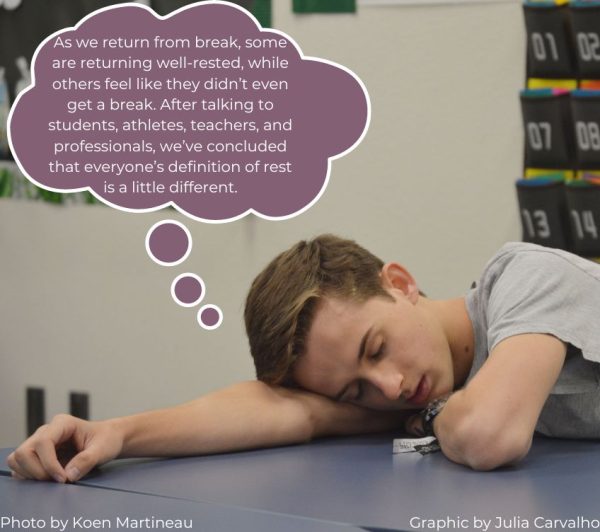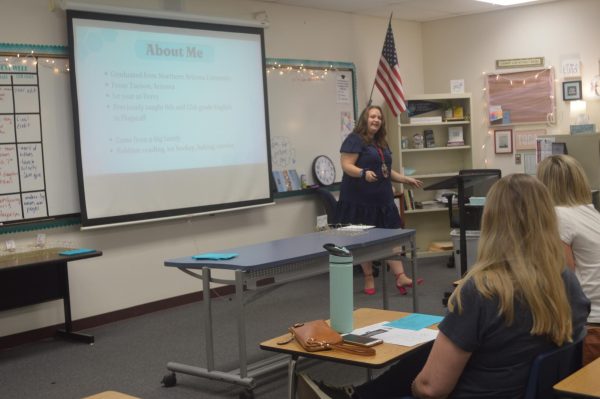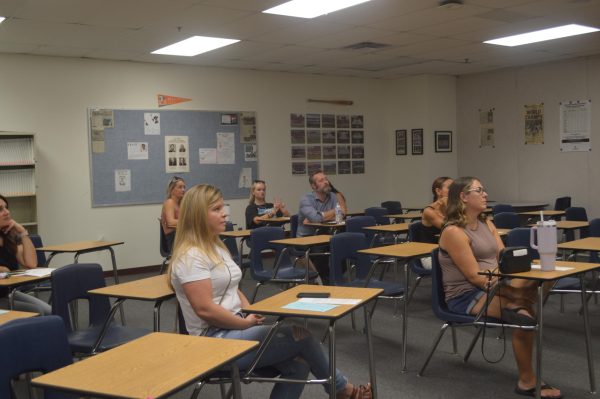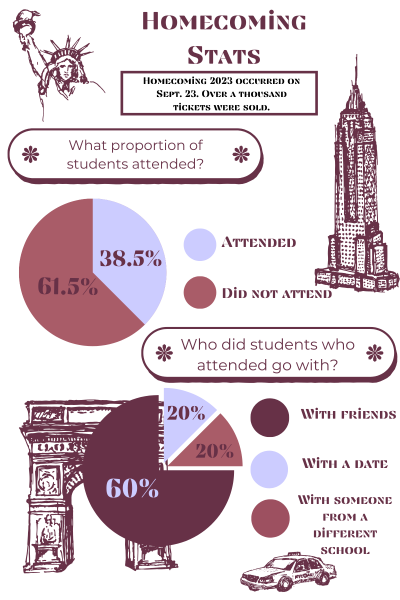Seeing Red: Teachers With teacher walk-out looming, schools & state seem miles apart
To teach is to inspire a generation. But what happens when those who teach are tired of being underpaid? Va. was a spark, with teachers striking for nine days, inspiring Ky. and Okla., closely followed by Ariz. Educators in the Grand Canyon State first painted the state #RedForEd, a movement born online, and a march on the Ariz. Capitol soon followed. A second appearance in Downtown Phoenix saw the Day of Action for Education on Mar. 28, where demands were set and the clock started ticking. On Mar. 21, nine schools in the Pendergast district were closed as a “sick-out” saw 350 of the district’s teachers call out to show their frustration with poor pay and funding, and the impact that educators have in the state.
Gov. Doug Ducey proposed a 20 percent raise in teachers salaries, nine percent coming in the fall. Following this, two five percent raises will be added on in coming years, with one more percent in Jan. At the end of all these raises, the average salary will be bumped up to $58,130 by the year 2020. This will be a considerable increase from the current $46,949 average.
Along with a salary increase, the grass-roots movement coined Red for Ed is demanding other improvements in the education arena. Red for Ed supporters want to see funding for education returned to 2008 pre-recession levels, competitive pay for teachers and support staff alike, a permanent salary structure, and finally, no new tax cuts until per-pupil funding reaches the national average. World Language department chair Norma Ríos is just one of the many teachers who are wearing red. “We stand for the same cause, which is not for just better pay, but for, I think, school funding.”
While there are plans on the table to resolve the issue, teachers are seeking immediate action. “I think the strike is to send a message that this isn’t just for us, this is for student funding, I think this is for future teachers, and I think it’s a message of solidarity.” Ríos said.
The fear of many educators and other support staff members is that putting the issue on hold will result in losing momentum, and ultimately, the movement. I think they have chosen now because there is support now.”
There was a statewide vote from all teachers and faculty to decide whether or not they would walk out. With more than 57,000 votes tallied, an overwhelming 78 percent voted in favor of the walk out. Superintendent Camille Castile assured parents that the strike would be planned out. “They are going to tell us in advance, and then we will send a message out.” After the vote, the day that was announced was Thurs. April 26. This will mark the state’s first ever walk out.
This walkout, though the message will be powerful, leaves many questions. How will this affect graduation? How will this affect seniors? So far, there is no intentions of cancelling any athletic events, prom, or postponing graduation. Meals are set to be provided to children who need them. Uncertainty will still be a factor until more details can be worked out.

Mia Irvin is a senior at Perry and this is her fourth year in newspaper. She will be be the Editor-in-Chief for the 2017-18 year. When she is...

I am a second-year opinions editor with experience in sports and features.









